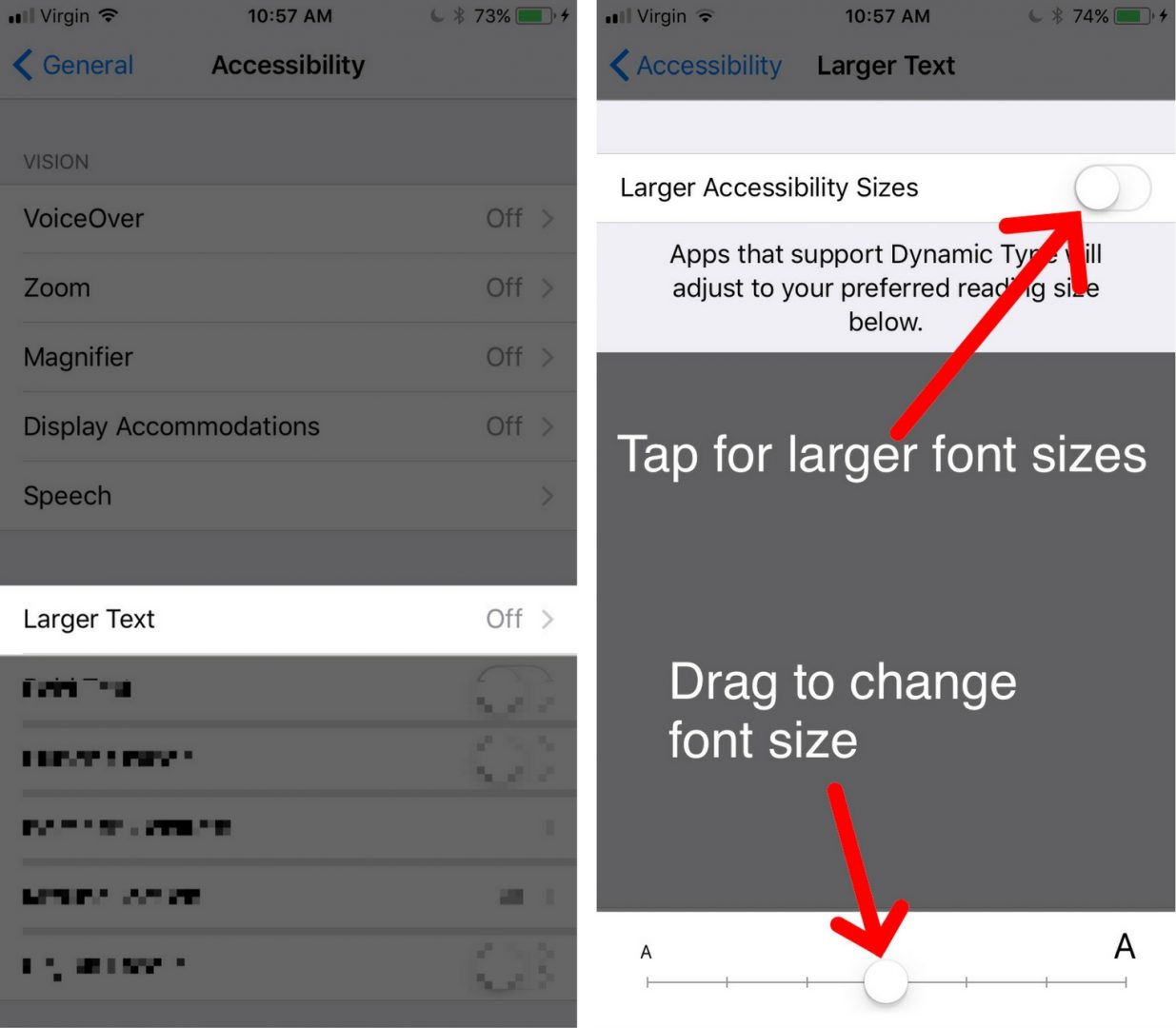
Your ABOUT query therefore is limited to knowing and interpreting the concepts in the knowledge base. The ABOUT operator uses the supplied knowledge base in English and French to interpret the phrase you enter. For example, if you enter a query of CISCO and the system does not find this in the knowledge catalog, the system might use Cisco as a related concept for look-up. The system does its best to interpret your query.

However, you need not type your query in exact case to obtain results from an ABOUT query. This is because the normalization of your query is based on the knowledge catalog which is case-sensitive. The phrase you specify cannot be more than 4000 characters.ĪBOUT queries give the best results when your query is formulated with proper case. If your index contains only theme information, an ABOUT operator and operand must be included in your query on the text column or else Oracle Text returns an error. Oracle Text ignores any query operators that are included in phrase. In English and French, returns documents that contain concepts related to phrase, provided the BASIC_LEXER INDEX_THEMES attribute is set to YES at index time.
Promptdog change text size free#
In all languages, increases the number of relevant documents returned for the same query without the ABOUT operator.The phrase parameter can be a single word or a phrase, or a string of words in free text format.

The fifth example shows that the AND operator has lower precedence than the WITHIN operator. The fourth example shows that the equivalence operator has higher precedence than the AND operator. In the third example, the fuzzy operator is first applied to w1, then the AND operator is applied to arguments w3 and w4, then the OR operator is applied to term w2 and the results of the AND operation, and finally, the score from the fuzzy operation on w1 is added to the score from the OR operation.

In the second example, the query returns all documents that contain both w1 and w2 and all documents that contain w3. In the first example, because AND has a higher precedence than OR, the query returns all documents that contain w1 and all documents that contain both w2 and w3. Table 3-1 Query Expression Precedence Examples Query Expression


 0 kommentar(er)
0 kommentar(er)
